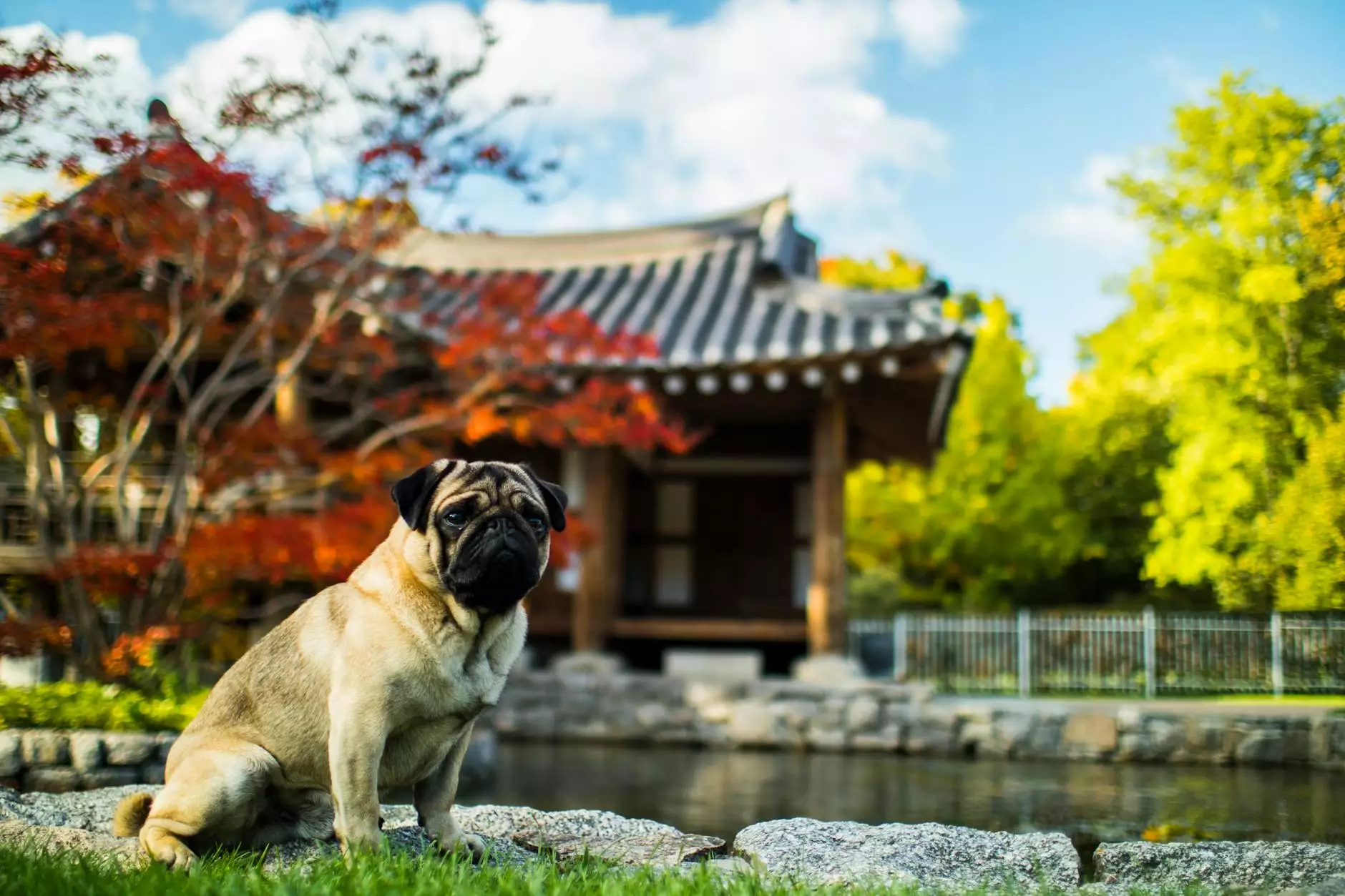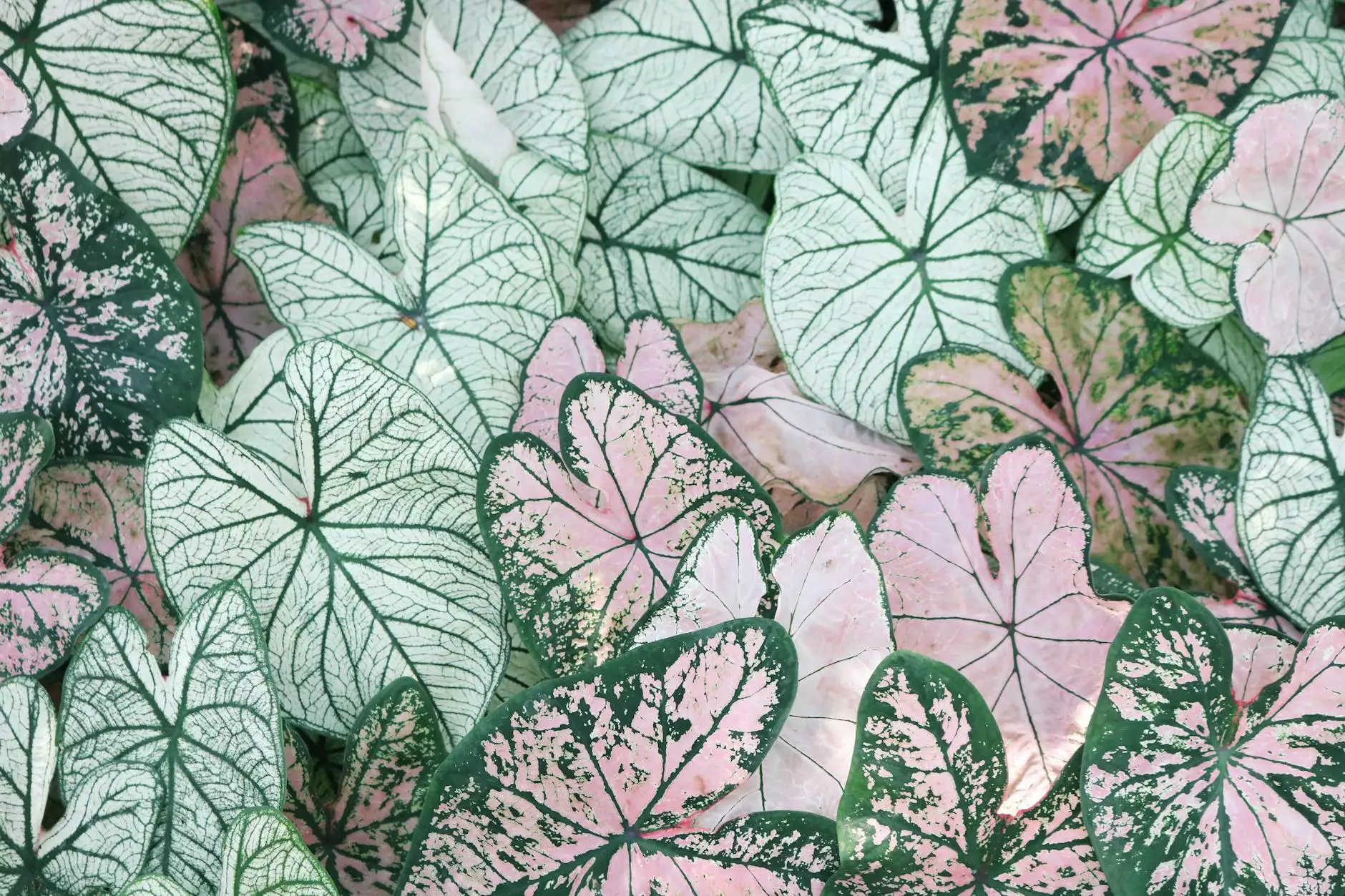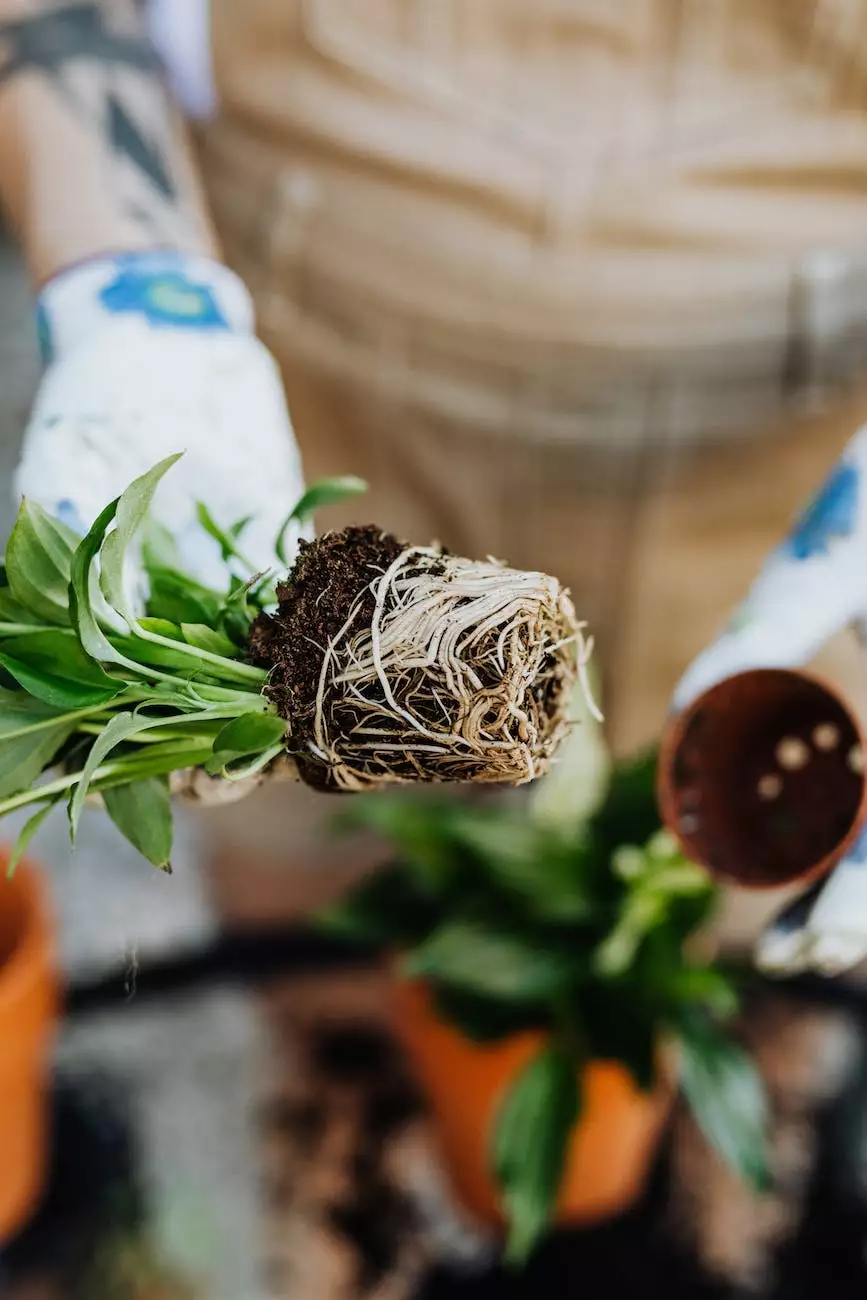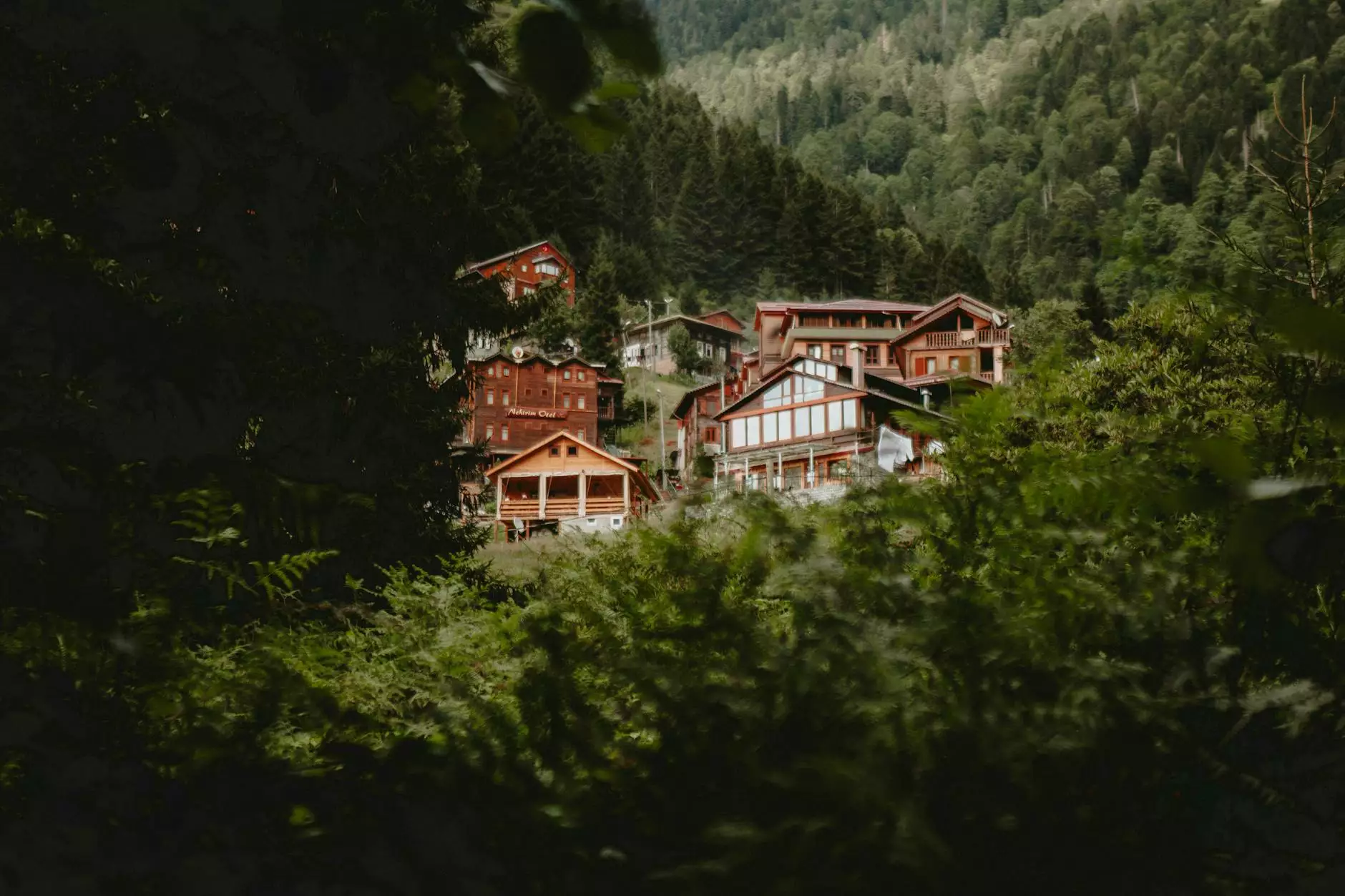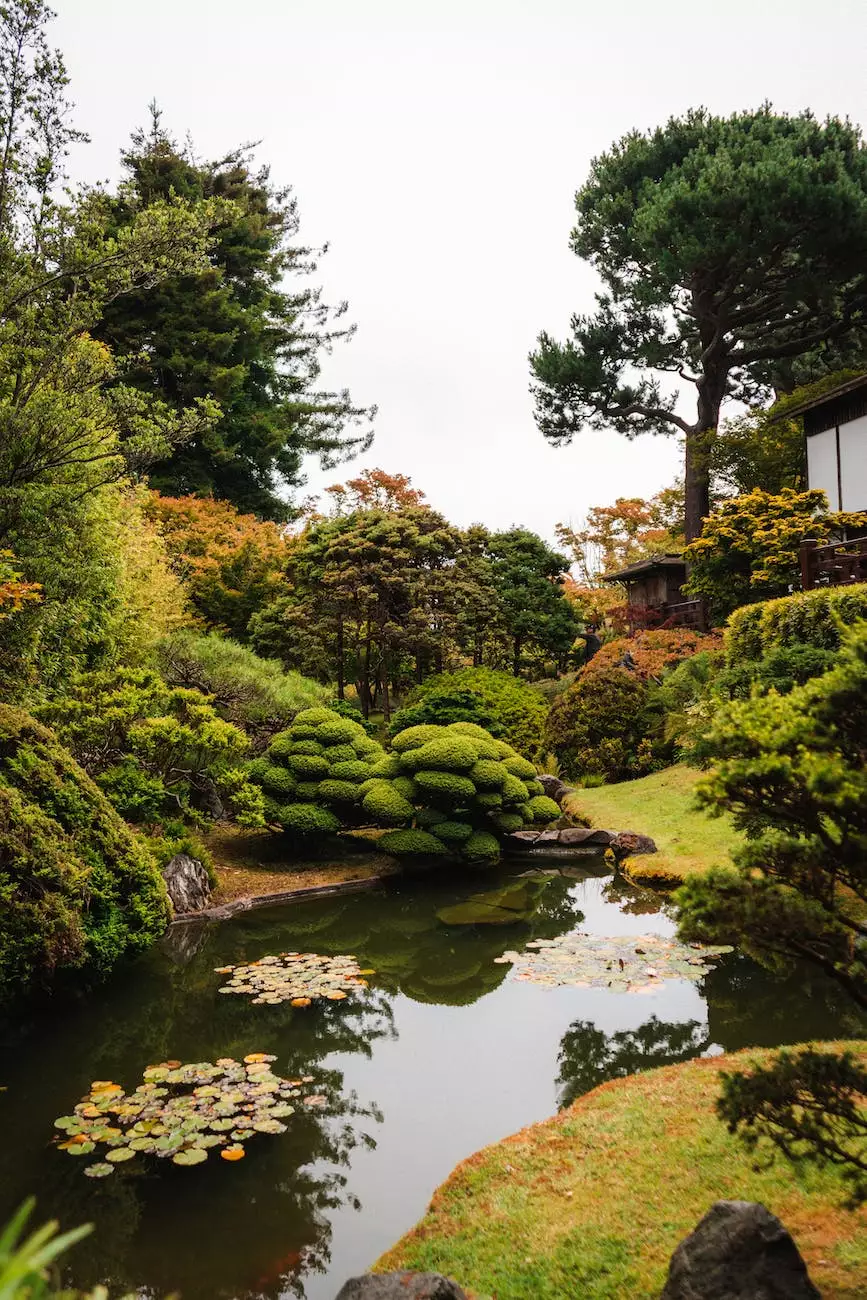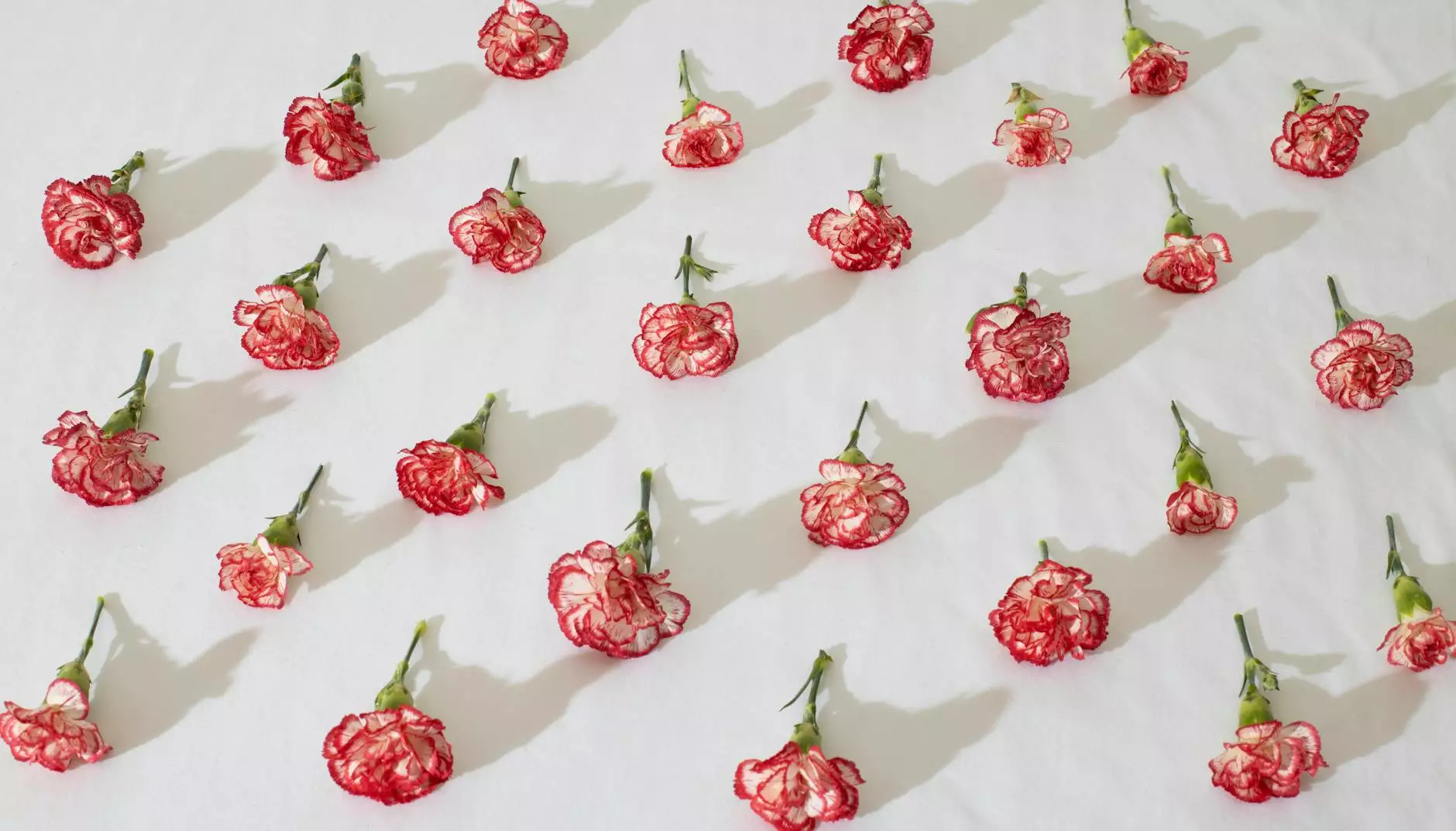ALLERGY FREE GARDENING
Custom Outdoor Patio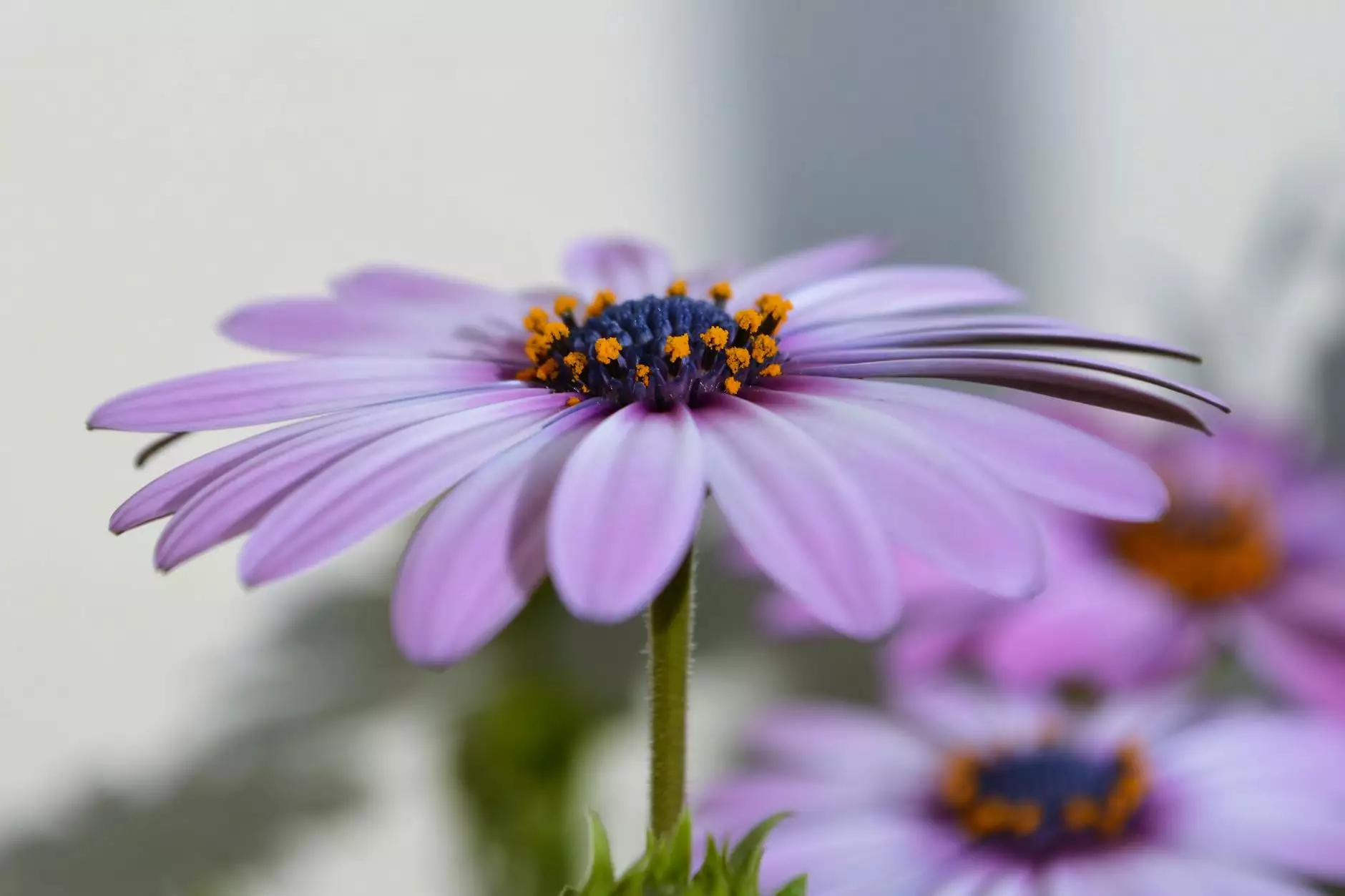
Welcome to American Pond & Gardens, your reliable source for all your gardening needs. In this comprehensive guide, we will explore the fascinating world of allergy-free gardening. Follow our tips and expert advice to create a beautiful outdoor space that won't trigger your allergies.
Understanding Allergies and Their Triggers
Allergic reactions can vary from mild discomfort to severe respiratory issues. For individuals who love spending time outdoors, allergies can become a major obstacle. Understanding what triggers your allergies is crucial in building a garden that is safe and enjoyable.
The most common allergens in a garden are pollen, mold spores, and certain plants. Pollen is a fine powder released by flowering plants, trees, and grasses. Mold spores can be found in damp areas, such as compost piles or water features. Certain plants release volatile organic compounds (VOCs) that can irritate sensitive individuals.
Choose Allergy-Friendly Plants
When selecting plants for your allergy-free garden, opt for varieties that are known to produce less pollen or have low allergy potential. Native plants are often a good choice as they have evolved in the local environment and are less likely to trigger allergic reactions.
Consider planting flowering plants that rely on insect pollination rather than wind pollination. Insect-pollinated flowers tend to produce less airborne pollen. Some examples of low-allergen flowering plants include begonias, impatiens, and certain types of roses.
Grasses with low pollen production, such as Bermuda grass, Zoysia grass, or St. Augustine grass, can be used to create a lush green lawn without causing allergic reactions. Avoid planting high-pollen grasses like Timothy grass or Kentucky bluegrass.
Gardening Techniques to Minimize Allergens
Proper gardening techniques can significantly reduce the presence of allergens in your garden. Here are some tips to minimize allergens and create a healthier outdoor space:
- Maintain good garden hygiene by regularly removing fallen leaves, branches, and other debris that can harbor mold spores.
- Avoid overwatering plants, as excessive moisture can lead to mold growth. Ensure proper drainage and use mulch to retain soil moisture.
- Consider installing a drip irrigation system to water plants at their roots, reducing water splashing and minimizing mold development.
- Wear protective clothing, including gloves and a mask, when gardening to minimize direct contact with allergenic plants or soil.
- Design your garden to incorporate areas with different levels of sun exposure, allowing you to grow a variety of plants with different water and sunlight requirements.
Caring for Your Allergy-Free Garden
Maintaining an allergy-free garden requires regular care and attention. Here are some essential tasks to keep your garden healthy and allergen-free:
- Perform regular pruning to remove dead or diseased branches and promote healthy growth.
- Monitor moisture levels to prevent overwatering or underwatering.
- Regularly inspect plants for signs of pest infestations and promptly address any issues.
- Apply organic fertilizers and pest control methods to minimize the use of harsh chemicals.
- Consider creating designated areas for high-allergen plants, such as an enclosed garden or separate raised beds.
Consult with Our Experts
At American Pond & Gardens, we understand the importance of having an allergy-free garden. Our team of experienced gardeners and horticulturists is here to support you every step of the way. Whether you need advice on plant selection or guidance on gardening techniques, we are ready to assist you.
Create a beautiful outdoor oasis that doesn't trigger your allergies. Contact us today to get started on your allergy-free gardening journey!


